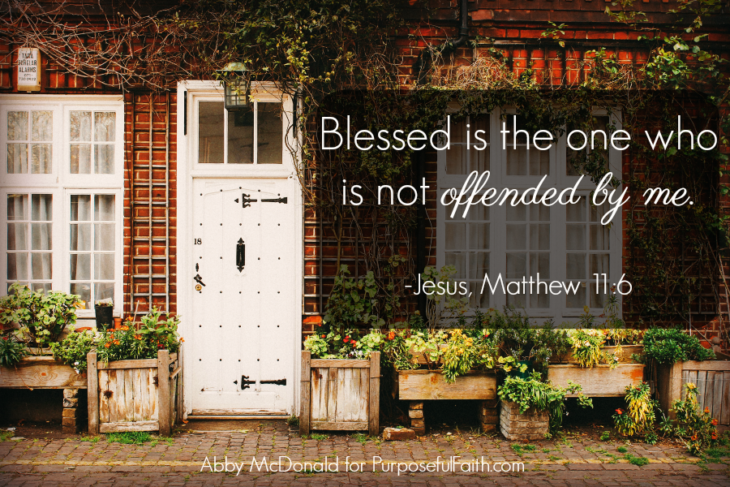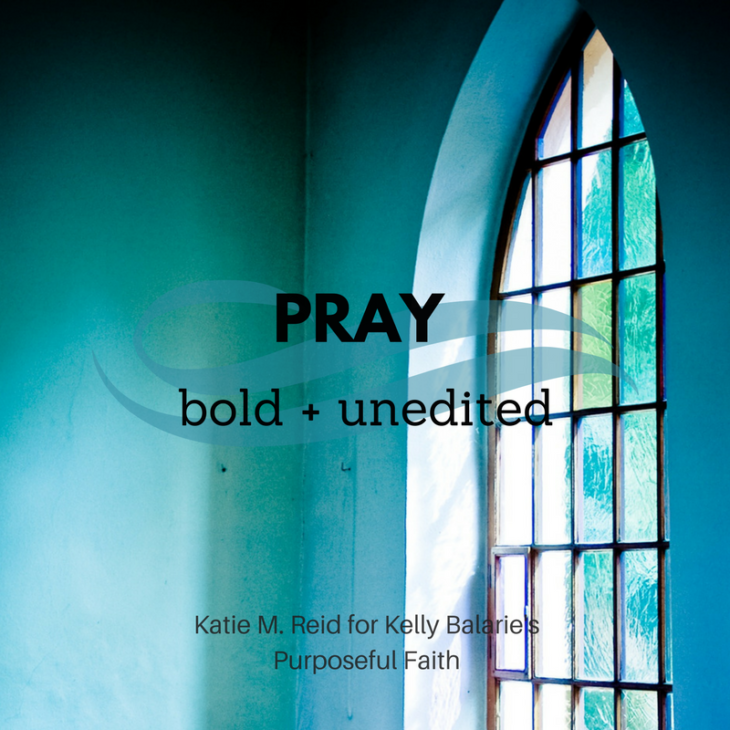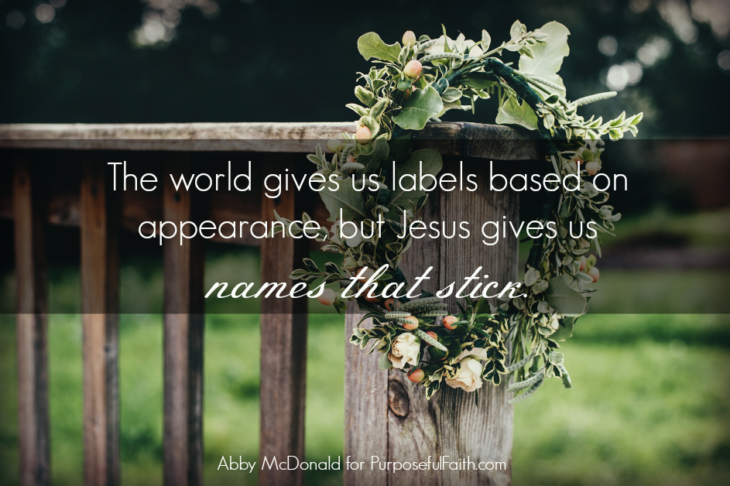Blog Post by Abby McDonald
If you were completely confident in God’s unchanging, irrevocable love for you, would it change how you walked? If you knew that no matter how many times you fell, he would be right there to catch you, would it change the way you lived your life?
I believe it would.
Several years ago, God showed me what confidence in a daddy’s grip can do. Our firstborn was six, and he set out to conquer a new set of monkey bars at a state park we were visiting. But after climbing the ladder and surveying the height, fear overtook him. I could tell he wanted to cross, but he convinced himself he wasn’t able to do it.
After spending a few minutes observing our boy, my husband walked over. He spoke words of encouragement and told him he would walk with him, arms out and ready to grab him if he slipped.
Our six-year-old hesitated another moment and then went for it. He made it all the way across without falling, and then there was no stopping him. He immediately went back for more.
The smile on his face spoke for itself, but for the rest of the afternoon he told everyone about his new accomplishment. Our friends. The neighbors. People he met on our hike to the waterfall.
Everyone heard, “Daddy wouldn’t let me fall, so I knew I could do it.”
It’s amazing what that kind of confidence can do for us, isn’t it?
When we know someone is walking with us and cares about every detail of our lives, we can move forward without fear. Even when circumstances look bleak, we can put one foot in front of the other because we know we aren’t doing it alone.
Can I tell you something? You have someone too.
If you’ve surrendered your life to the living God, he goes with you, behind you and before you.
“You go before me and follow me. You place your hand of blessing on my head.” Psalm 139:5 NLT
Even if everyone in your life has let you down or abandoned you. Even if your earthly father never gave you the love and assurance you needed.
God’s love is not fickle. It is patient and enduring. It withstands in the places where human loves fails.
This is the type of love that transforms our walk. It’s the type of love that enables us to do things we would never do before, because we know with him standing in the gap with us, we will never be alone.
Claim this truth as your own today. Speak it out loud when the lies of the enemy threaten to overtake your thoughts. I can promise when you do, you will see a change. And the change will be in you.

Abby McDonald is the mom of three, a wife and writer whose hope is show readers their identity is found in Christ alone, not the noise of the world. When she’s not chasing their two boys or cuddling their newest sweet girl, you can find her drinking copious amounts of coffee while writing about her adventures on her blog. Abby would love to connect with you on her blog and her growing Facebook community.














